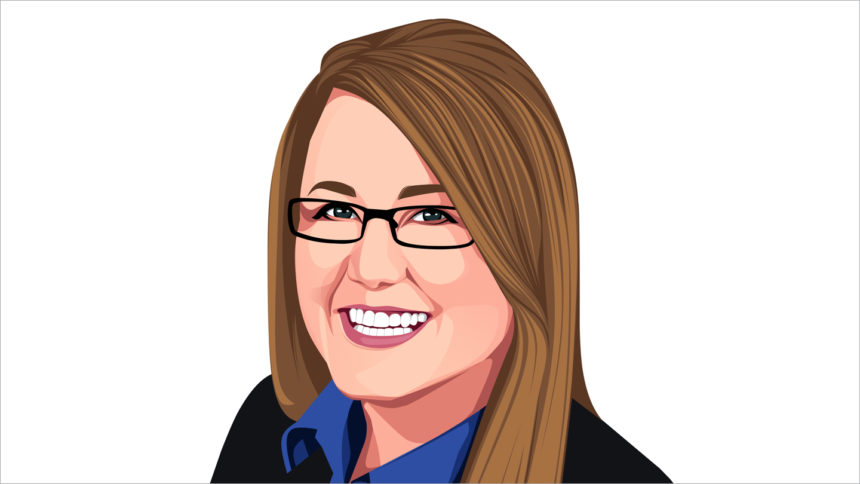
Some good news, according to the results of a recent survey by the Age-Friendly Institute, is that it appears that fewer Americans aged 50 or more years believe that “age bias is a fact of life in the workplace” compared with 15 years ago, according to the institute.
The organization has been conducting research involving a nationally representative sample of this age group for more than a decade, and the percentage of people answering yes about the existence of age bias at work has decreased over time, going from 96% in 2009 to 83% in 2019 to 65% in 2024. The survey has included 12,127 respondents, according to the institute.
But the decrease doesn’t mean there isn’t work to do. “In a society that is increasingly focused on equality and inclusivity, ageism lurks in the shadows,” the institute notes.
Workers now aged 50 or more years are “healthier, more highly educated and making different choices about work” than their predecessors, and they are deciding to stay in the workforce longer, under the right conditions, according to the institute. And at a time when senior living employers are challenged in recruiting and retaining employees, any efforts to make the workplace more welcoming to this group are likely to be helpful toward this end.
Before a company can try to keep workers, it first must hire them. Offering adjustable hours or the ability to work from home (where possible, of course) is one way to attract older workers, according to the Age-Friendly Institute. But survey respondents repeatedly told researchers about issues of not being offered jobs — for instance, after a video interview, when an applicant’s age became apparent. Or in the case of hiring managers, being told not to hire prospects whose portfolios appear to be dated.
And employed older adults told researchers about hearing hurtful jokes from co-workers or being passed over for promotions or training due to their age.
Among the benefits to organizations that are proactive in recruiting and retaining older workers, Age-Friendly Institute President Tim Driver says, are low turnover rates, increased customer satisfaction and improved company cultures.
And companies that don’t work to retain older workers do so at their own peril. As the institute says, “From an economic standpoint, there is a cost to ageism. The loss of experienced workers often translates into decreased productivity, as organizations struggle to replace seasoned employees with individuals who may lack comparable expertise.”
If the economics don’t get your attention, maybe the regulatory issues will? The institute notes the Equal Opportunity Employment Commission’s new enforcement plan, which focuses on addressing issues affecting older workers and other protected groups in recruiting and hiring practices.
For companies seeking to become more attractive to older workers, the institute offers a Certified Age-Friendly Employer designation. As McKnight’s Senior Living previously has written, some of your senior living organizational colleagues have this designation (see the articles listed under “Related Articles” at the end of this column). Among them are 2Life Communities, Aegis Living, Benchmark Senior Living (recently recertified), Brio Living Services, Ecumen, Hebrew SeniorLife, Lasell Village and Lutheran SeniorLife.
Lois A. Bowers is the editor of McKnight’s Senior Living. Read her other columns here. Follow her on X (formerly Twitter) at Lois_Bowers.

